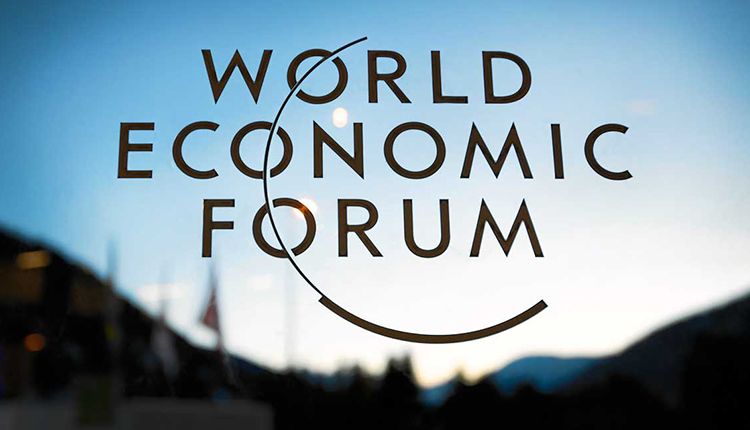The progress towards achieving gender equality would span at least 131 years, or until 2154, as the Global Gender Gap report released by the World Economic Forum (WEF) on Wednesday shows.
The overall gender gap, which is a measurement of equality in the fields of economy, politics, health, and education, closed by 0.3 percent, compared with last year, the WEF’s report stated.
“The tepid progress in closing those gaps and indications of parity slipping in areas such as the economy create an urgent case for renewed and concerted action,” said Saadia Zahidi, managing director at the WEF.
Despite showing progress in educational attainment and growth in health, survival, and political empowerment, the economic participation gap had declined.
“The recovery from the shock and ensuing polycrisis has been slow and, so far, incomplete, and the current context, coupled with technological and climate change, risks causing further regression in women’s economic empowerment. Not only are millions of women and girls losing out on economic access and opportunity, but these reversals also have wide-ranging consequences for the global economy,” the report highlighted.
WEF has also estimated that it would take 169 years to achieve global economic equality and 162 years to achieve political equality.
Iceland, Norway, Finland, New Zealand, Sweden, Germany, Nicaragua, Namibia, and Lithuania have closed 80 percent of their gap, with Iceland being the most gender equal country for the 14th year in a row, closing 91.2 percent.
“Accelerating progress towards gender parity will not only improve outcomes for women and girls but benefit economies and societies more widely, reviving growth, boosting innovation, and increasing resilience,” Zahidi added.
The WEF’s Gender Gap Index measures gender equality in 146 countries across four areas: economic participation and opportunity, educational attainment, health and survival, and political empowerment, with overall equality improving by 4.1 percent since its launch in 2006.
